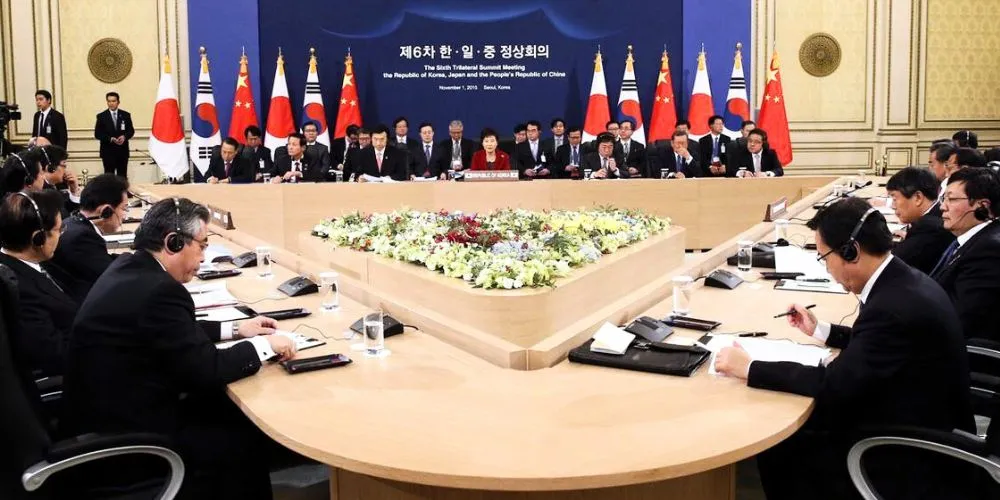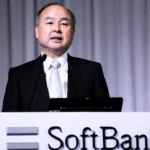Key Points:
- Korea, Japan, and China form a consultative body to address economic concerns and foster cooperation at the Trilateral Business Summit.
- Over 280 business leaders, including Key figures from SK Group, Japan Business Federation, and China Council, attended for the Promotion of International Trade.
- Focus on economic revitalization, sustainable development, digital transformation, education revitalization, green initiatives, and supply chain collaboration.
- They committed to a “free, open, fair, non-discriminatory, transparent, inclusive and predictable” trade and investment environment.
Business leaders from Korea, Japan, and China have formed a three-way economic consultative body to address pressing economic concerns and foster future cooperation among the three nations. This initiative was unveiled during a business summit attended by over 280 business leaders from the three countries following a trilateral summit.
Notable attendees included SK Group Chairman Chey Tae-won, who also serves as KCCI chairman, Tokura Masakazu, chairman of the Japan Business Federation, and Ren Hongbin, chairman of the China Council for the Promotion of International Trade. The three organizations cohosted this year’s business summit event.
“Today, the economies of the three nations have successfully rebounded from the pandemic’s impact, entering a pivotal phase focused on laying the foundations for sustainable prosperity,” Chey stated in his opening speech at the business summit held at the Korea Chamber of Commerce and Industry headquarters.
Discussions covered private-level cooperation in various domains, including digital transformation, education revitalization, green initiatives, and supply chain collaboration. Following their trilateral summit talks—the first in over four years —South Korean President Yoon Suk Yeol, Japanese Prime Minister Fumio Kishida, and Chinese Premier Li Qiang were also present at the summit.
The three countries agreed to ensure a “global level playing field” in economic cooperation and trade in a joint declaration issued after the ninth Korea-Japan-China Summit. They committed to fostering a “free, open, fair, non-discriminatory, transparent, inclusive and predictable” trade and investment environment. Additionally, they reaffirmed their commitment to keeping markets open and strengthening supply chain cooperation to prevent disruptions.
Tokura Masakazu noted that while the Japanese economy has emerged from decades of deflation, it now faces the challenge of improving individual productivity amid low birth rates and an aging population—issues also present in Korea and China. “During this business summit, frank discussions were conducted with the aim of rejuvenating our economy and achieving a sustainable society,” Tokura said. He highlighted the significant scope for cooperation among the three countries.
Ren Hongbin emphasized the growing need for cooperation within the consultative body formed through the shared history and culture of the three nations. He pointed out that the challenges posed by the pandemic and increased protectionism have underscored the need for enhanced economic cooperation. Ren expressed commitment to advancing digital transformation, revitalizing trade, and stabilizing supply chains among the three nations.











